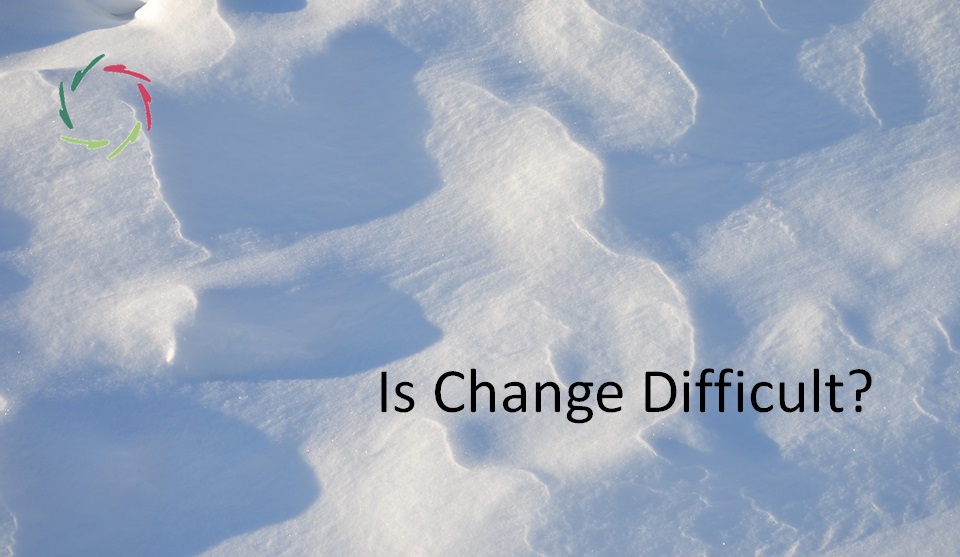The Importance of Subconceptual

It may be invisible and even – consciously – unthinkable. Yet, it is there 24/7, being who you are. It’s vital in every human endeavor.
The subconceptual is about how the mind works intrinsically.
Looking at your thoughts, such as right now, you may have a much more conceptual impression. It seems like any thought comes and goes as a sheet of paper might come and go on your desktop ― relatively neat and clear. But that is not counting with the subconceptual.
The latter is about how tiny elements in your brain (neurons, synapses) work together to, each time again, form a specific thought. In this formative stage (milliseconds) a lot happens that cannot reach consciousness, mainly because consciousness is too slow, taking hundreds of milliseconds to come to some result. Moreover, this result of conscious processing builds upon the subconceptual. They are not two separate happenings. Also, and indeed, they do not happen in different parts of the brain or mind.
We, humans, are mainly subconceptual beings.
With all its non-conscious associations and semi-associations, the subconceptual builds your conscious thinking, feeling, etc.
Therefore, researchers and philosophers are asking the question of what consciousness is actually for. Probably, the primary goal of consciousness is communication, internally and with others. What gets communicated is the result of subconceptual processing. Thus, consciousness serves an essential purpose of the latter. It is the servant, making itself think it is the master.
Might this insight make you somewhat anxious? That’s possible, but it should not be so with more understanding.
Important, or what
This way, the subconceptual lies behind each and every human action and decision. It forms your personal life. It forms societies. It forms how humanity is steaming and falling into the future.
Our eventual survival as a species depends on how we handle this reality, including the anxiety it may provoke. Meanwhile, our ways of waging war (or not), of evolving towards an ever more socio-economic divide (or not), of developing sustainable and human-oriented healthcare (or not) are all profoundly shaped by it.
In my view, that’s pretty important.
Healthcare, for a starters
The subject of my PhD thesis was the importance of the subconceptual in healthcare. Also, I have written several scientific medical articles available on this science page of the Aurelis website.
The medical domains that I have tackled are but a few examples. They are important philosophically and for the direct sake of numerous individuals involved. Sooner or later, one of these might be you or someone near you.
Also, healthcare itself is just an example. The same is relevant everywhere.
Two concrete and timely examples: COVID and the war in Ukraine
In other words, the war against the virus and the war against Putin. It’s interesting to take them together, in one breath, with all due respect for every person involved.
This one breath shows interesting similarities. It brings us to two enemies of those who regard themselves as ‘the good guys.’ In both cases, the enemies are not well understood by the good guys, who see them as aliens, and as certainly not caused in any way by the good ones.
In the case of the virus, I have recently published a profound critique on this in a high-level medical journal, being the first scientific researcher to do so.
In Putin’s case, it strikes me that little to no effort is made by ‘the West’ to start a profound conversation about the reasons behind the reasons at the subconceptual level. That’s easily said, I know. Some critique goes to NATO’s provoking and deceiving Russia for the last few decennia, in the aftermath of 1989 and the dissolution of the Warsaw pact. Subconceptually, there could be – but is not – an interest in the anxieties from both sides. That is not primarily the fear of being invaded geopolitically but the existential anxiety of both parties internally. Eventually, global changes start inside. There’s a lot that can be done in this direction.
But it’s not done. As a result, we have been/are flying on one wing for years.
AURELIS in this?
Here, the choice lies in an attempt to see the whole. Graspable (conceptual) thinking can be seen as a modular way in which the subconceptual shows itself. This way brings efficiency in the striving to be as rational as possible. At the same time, the subconceptual side is important in being – one can say – life itself.
The AURELIS take is that there is wisdom in the combination of both. That may be direly needed especially toward a challenging future of A.I. To be continued…


